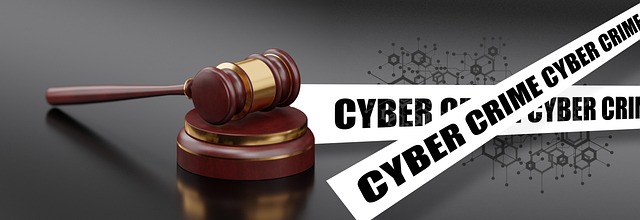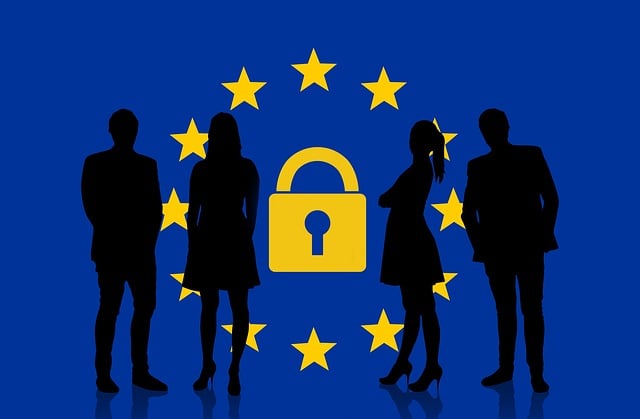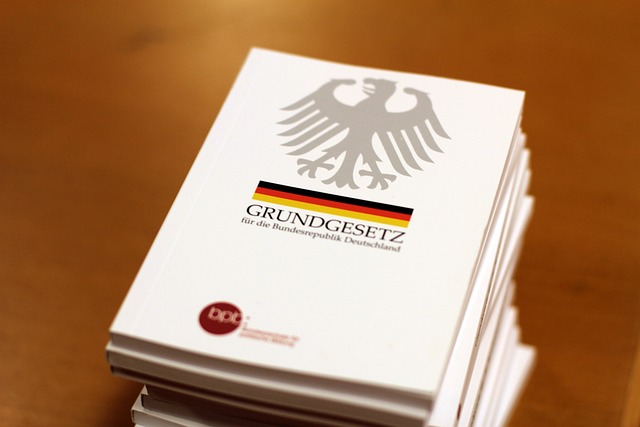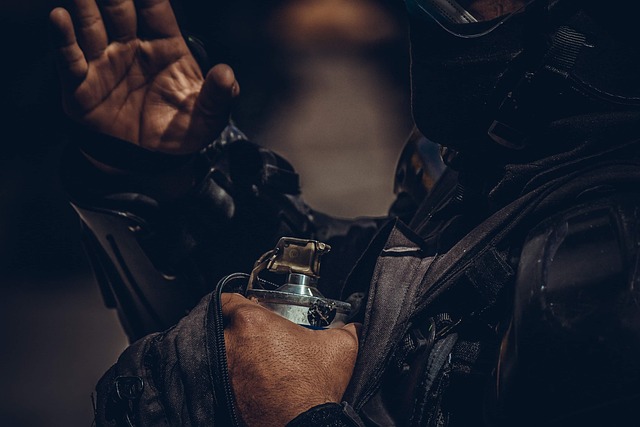Public corruption cases are governed by federal and state laws against bribery, fraud, and abuse of office. A proactive approach emphasizing transparency and ethical conduct can prevent charges. Facing accusations requires scrutinizing evidence, challenging witnesses, and distinguishing legitimate business from IP violations. Protecting intellectual property rights is crucial in these complex investigations, requiring a blend of criminal defense and IPR expertise to safeguard clients' interests.
“Uncovering and addressing public corruption is a complex task, often marked by intricate legal battles. This article delves into the intricacies of public corruption charges, providing a comprehensive guide for navigating these challenges. We explore the legal framework surrounding these accusations, offering insights on strategies to defend against them effectively.
Additionally, with intellectual property rights at stake in such scrutinies, we shed light on protective measures for defending against related claims, ensuring fairness and justice in the process.”
- Understanding Public Corruption Charges: Legal Framework
- Strategies for Defending Against Accusations
- Protecting Intellectual Property Rights in Scrutiny
Understanding Public Corruption Charges: Legal Framework

Public corruption charges are a serious matter that involves the misuse of power and resources by public officials for personal gain. Understanding the legal framework behind these charges is crucial for anyone navigating this complex issue. At its core, public corruption often revolves around crimes such as bribery, fraud, or abuse of office. These offenses are defined and punished under various federal and state laws, with each jurisdiction having its own set of regulations.
Defending against intellectual property claims can be a significant aspect when it comes to all stages of the investigative and enforcement process. The focus should be on ensuring transparency, accountability, and adherence to legal standards within the philanthropic and political communities. By understanding the legal framework, individuals and organizations can better navigate these challenges and strive to avoid indictment. This proactive approach helps maintain integrity in public service while fostering a culture of ethical conduct.
Strategies for Defending Against Accusations
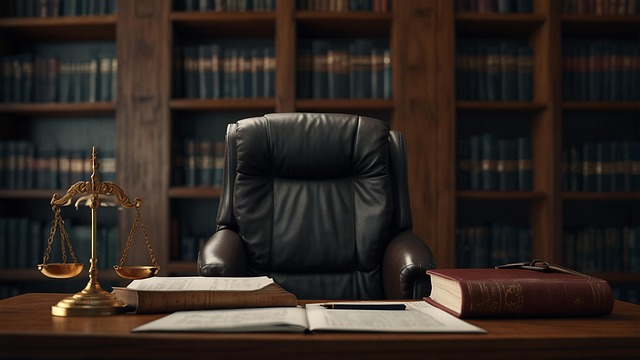
When facing public corruption charges, a robust strategy for defending against accusations is paramount. One key approach involves scrutinizing the evidence presented by prosecutors and identifying any weaknesses or inconsistencies. This includes examining the sources of information, the methodology used to gather intelligence, and the integrity of the witnesses involved. By challenging the admissibility of certain evidence under general criminal defense principles, lawyers can significantly weaken the prosecution’s case.
Additionally, focusing on the nuances of corporate and individual clients’ roles—and distinguishing between legitimate business activities and illicit practices—is crucial. A well-crafted defense strategy should also leverage the expertise of legal professionals who specialize in both general criminal defense and, where applicable, Defending Against Intellectual Property Claims. This blend of skills enables attorneys to navigate complex legal landscapes, assemble compelling arguments, and secure winning challenging defense verdicts.
Protecting Intellectual Property Rights in Scrutiny

In the public eye, particularly during investigations into public corruption charges, protecting intellectual property rights (IPR) is a critical aspect often overlooked. As legal scrutiny intensifies, so does the need for robust strategies to defend against intellectual property claims. This becomes even more pronounced when navigating complex cases that involve white-collar crime and the intricate relationships within philanthropic and political communities.
Defending against such charges requires a comprehensive understanding of IPR at every stage of the investigative and enforcement process. Legal professionals must be adept at distinguishing legitimate business practices from potential IP violations, ensuring that their clients’ rights are safeguarded. By employing strategic defenses, legal teams can mitigate risks, uphold the integrity of businesses and individuals, and navigate these challenging cases effectively.
In navigating public corruption charges, understanding the legal framework and employing robust defense strategies are paramount. While the complexities of intellectual property rights (IPR) can add a unique layer to these cases, thorough preparation and adherence to legal standards are key to success. By prioritizing transparency, due diligence, and expert advice, individuals and organizations can protect their interests and defend against accusations effectively, ensuring fairness in the face of challenging allegations. This comprehensive approach, which includes strategies for defending against intellectual property claims, fortifies defenses and fosters a more robust and transparent system.
